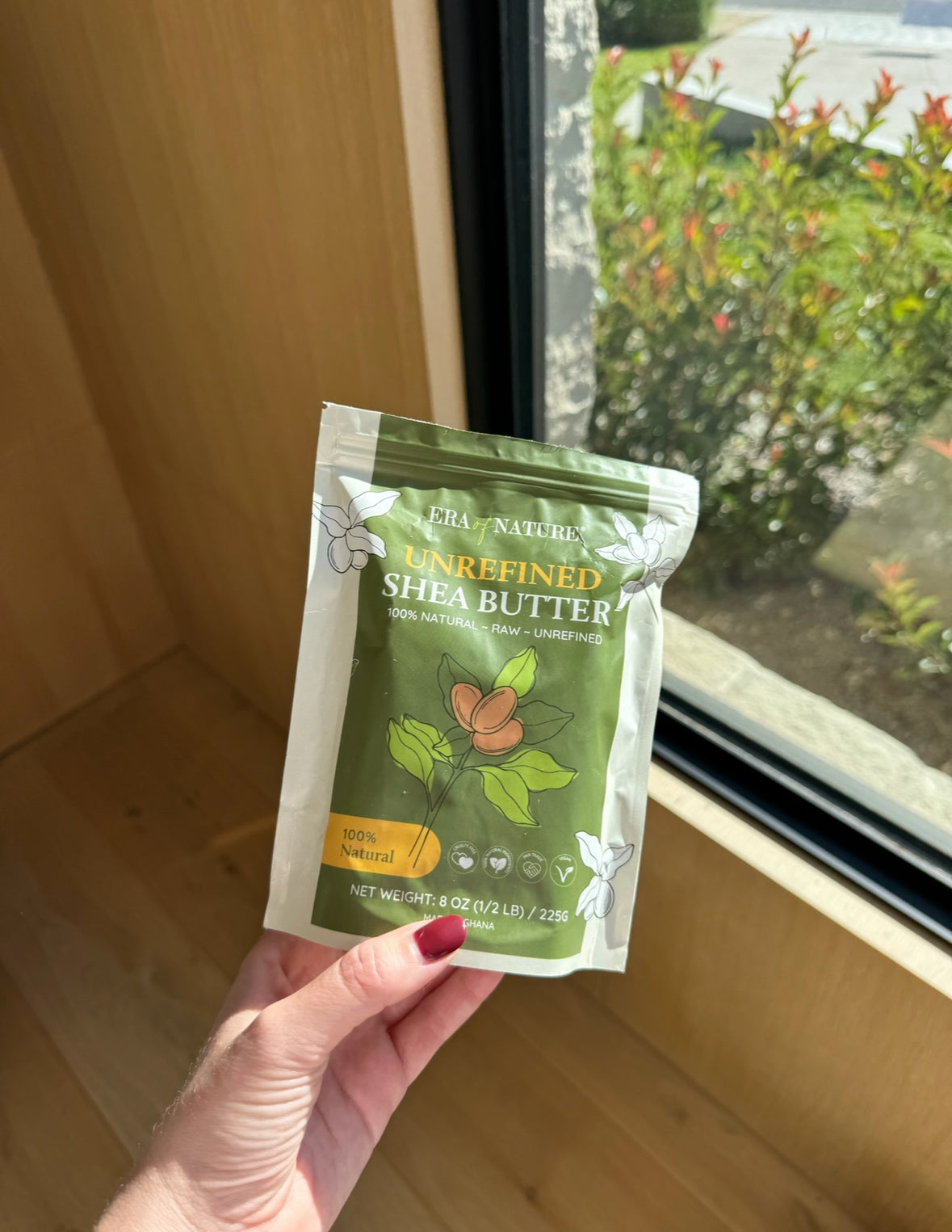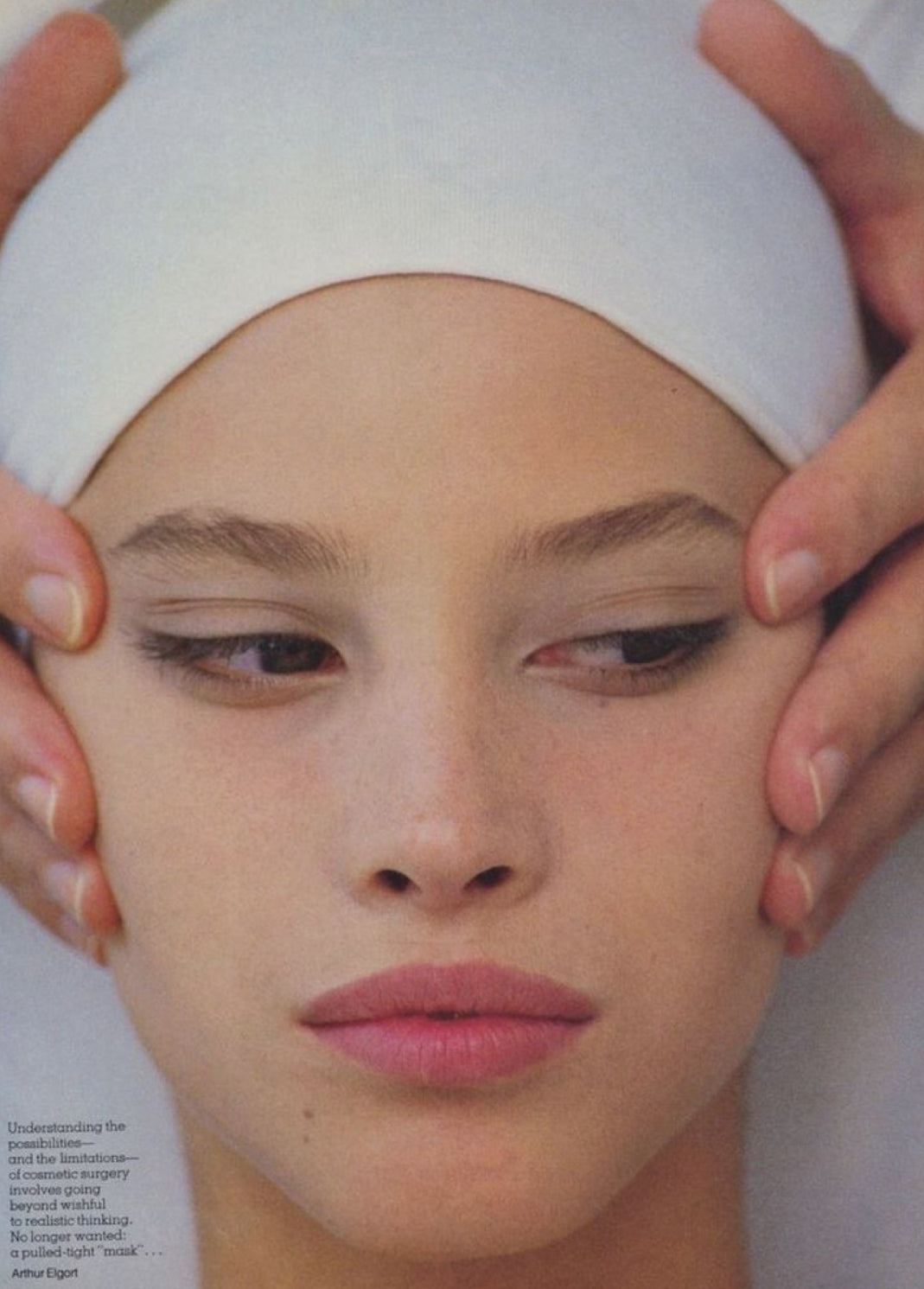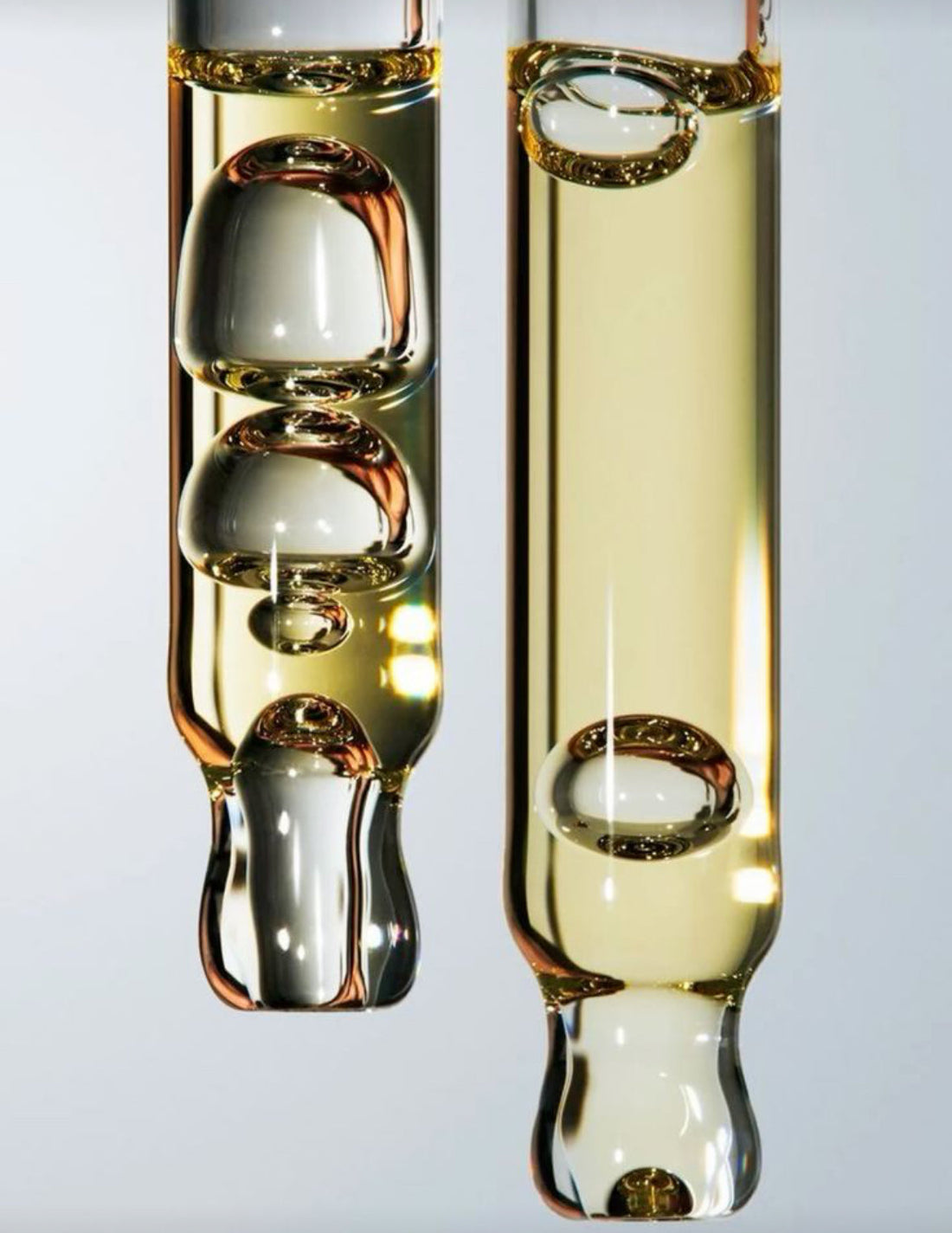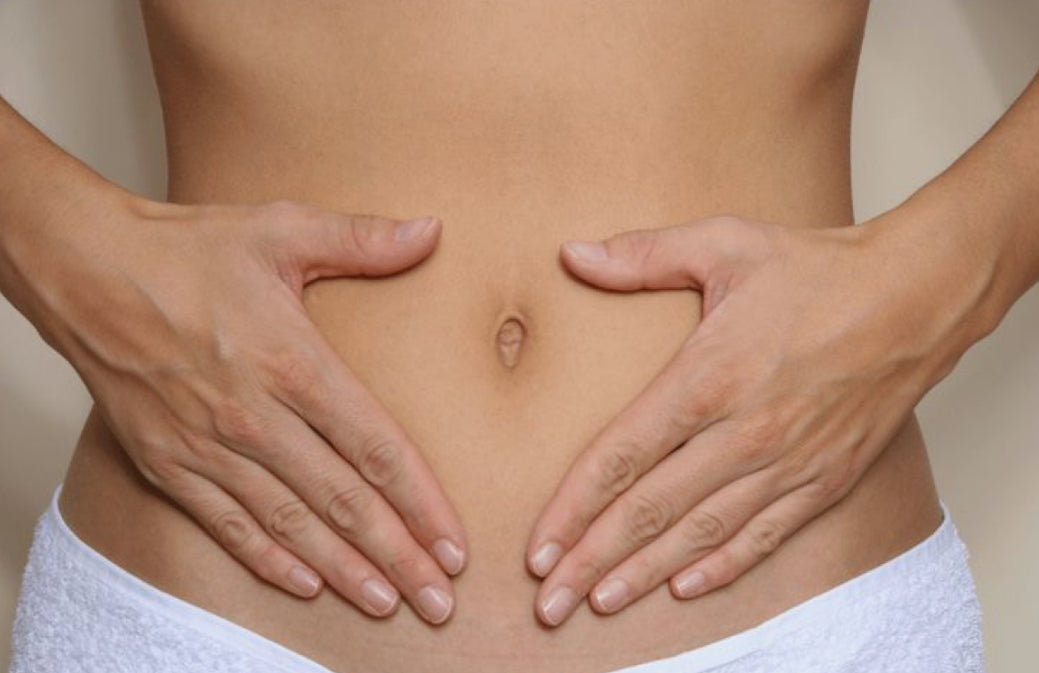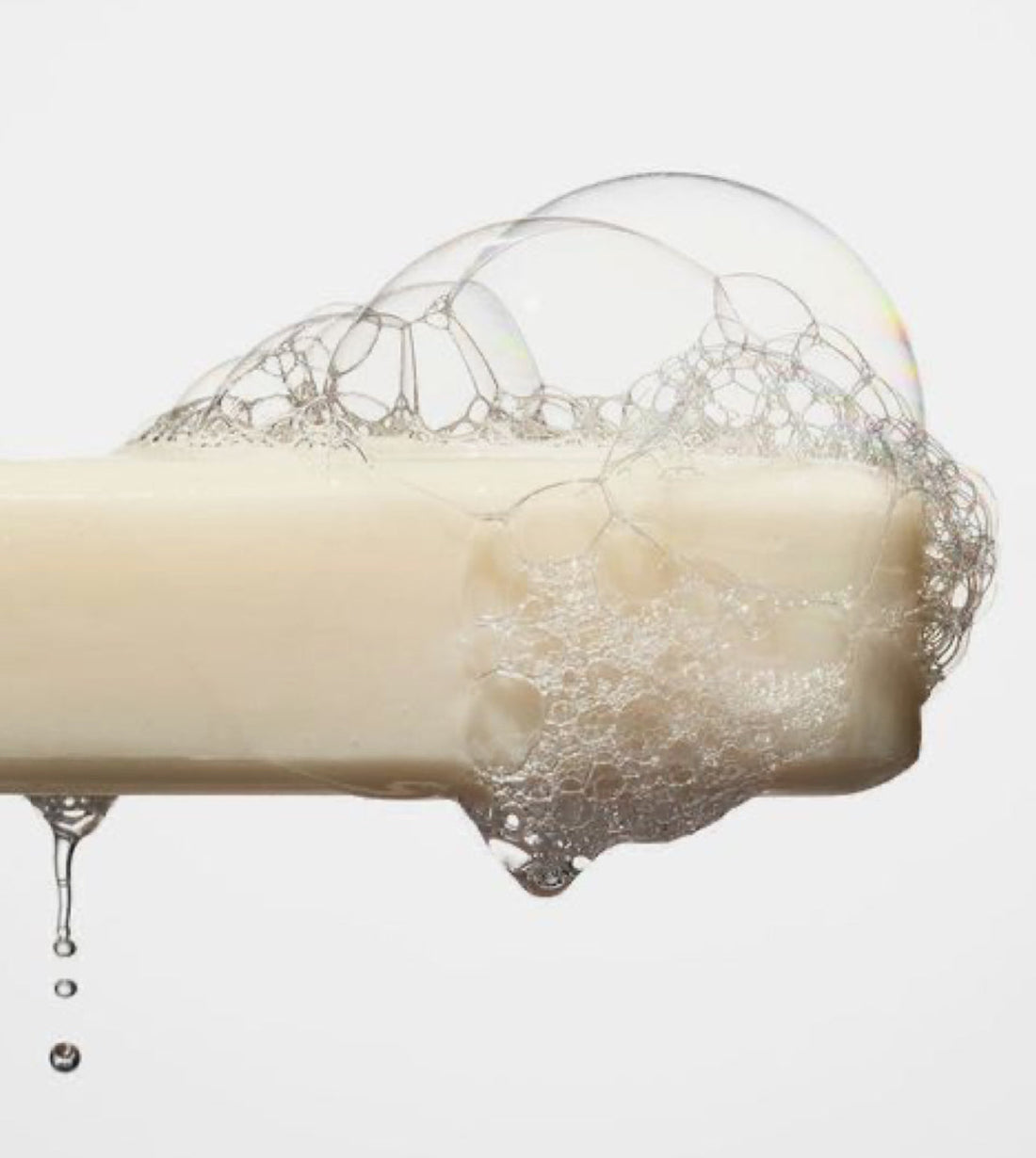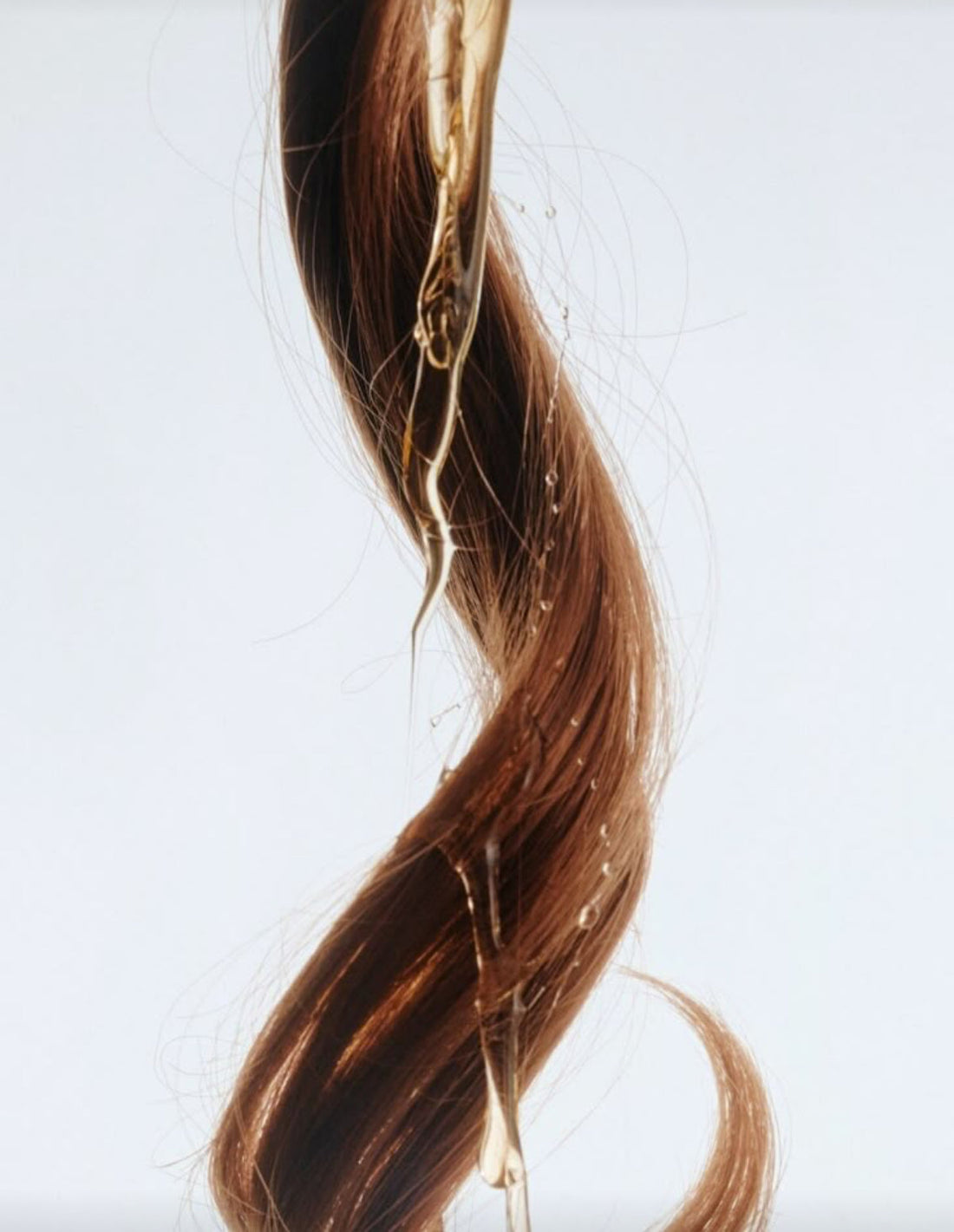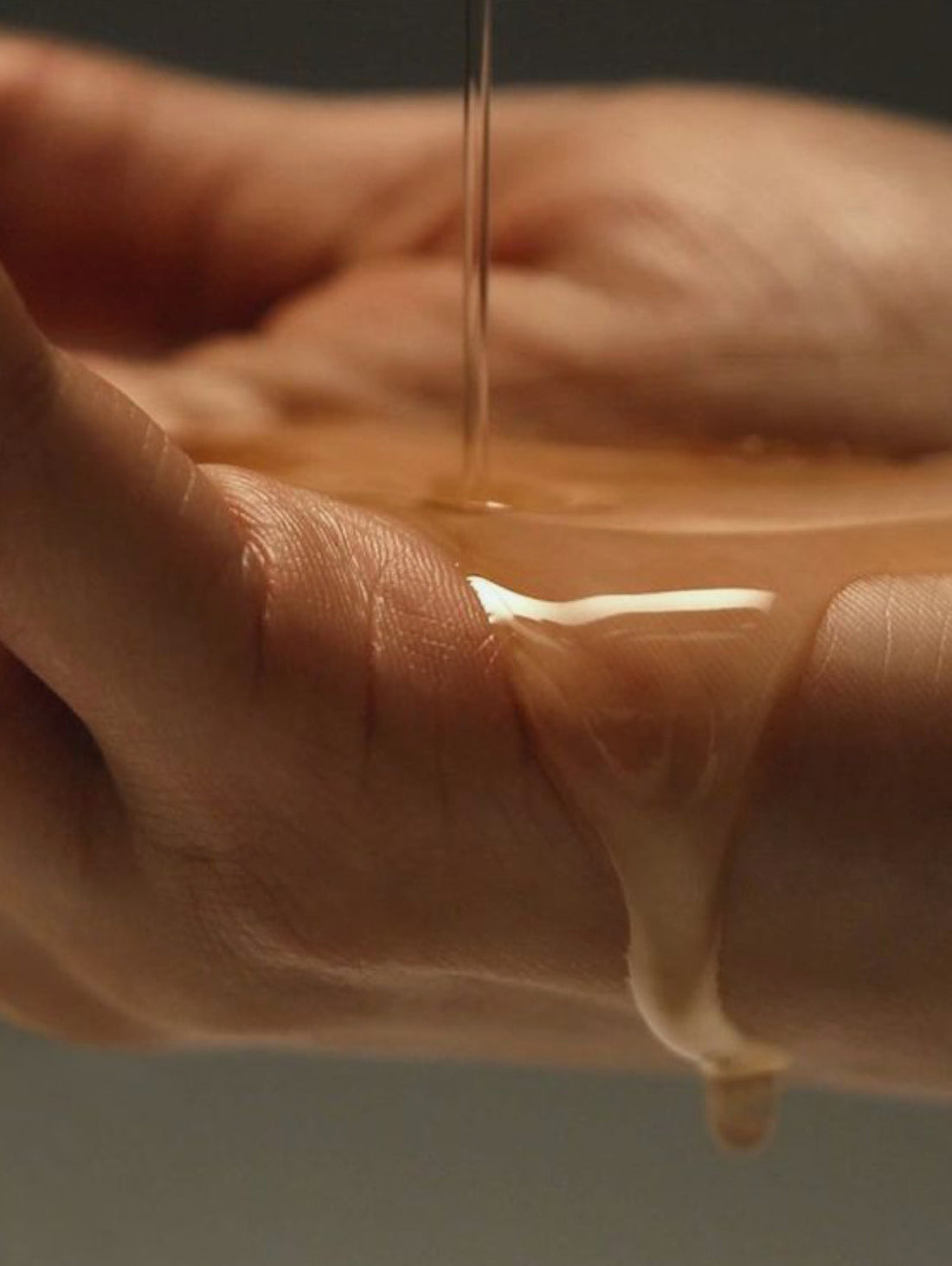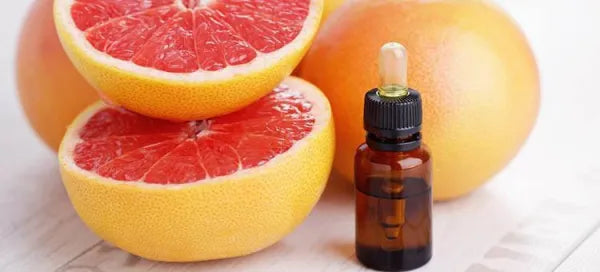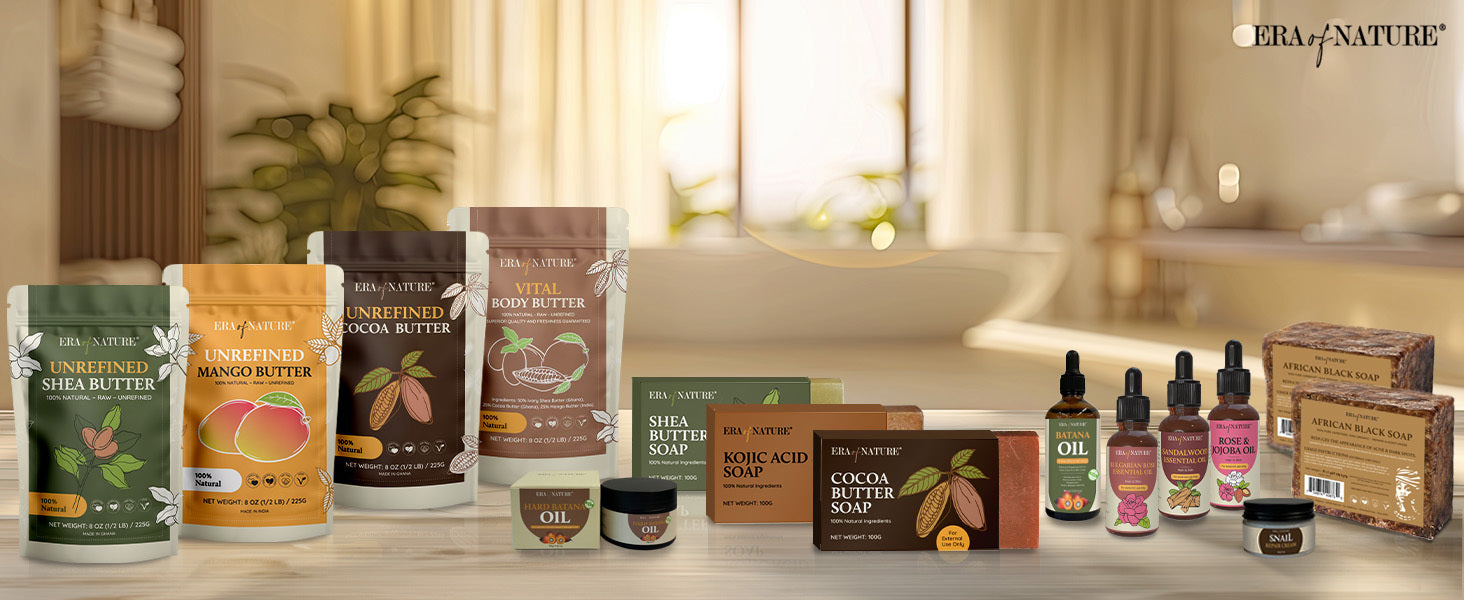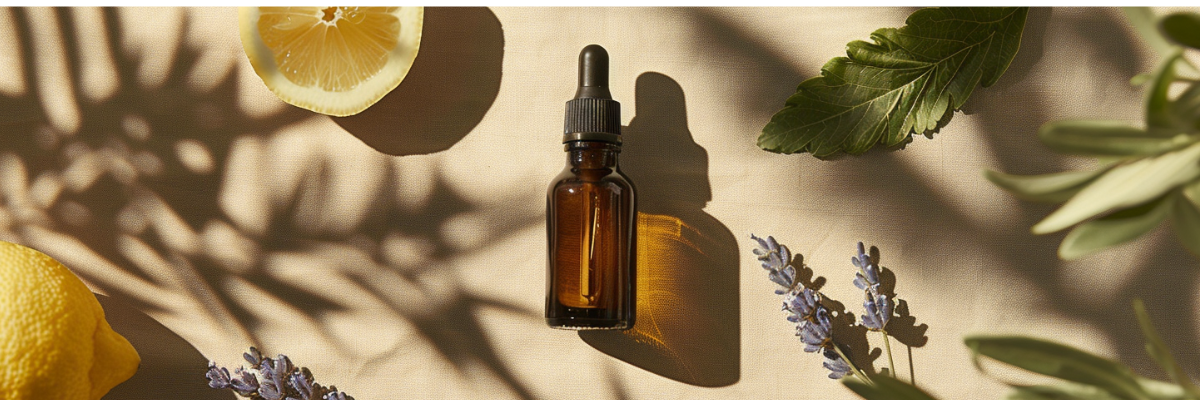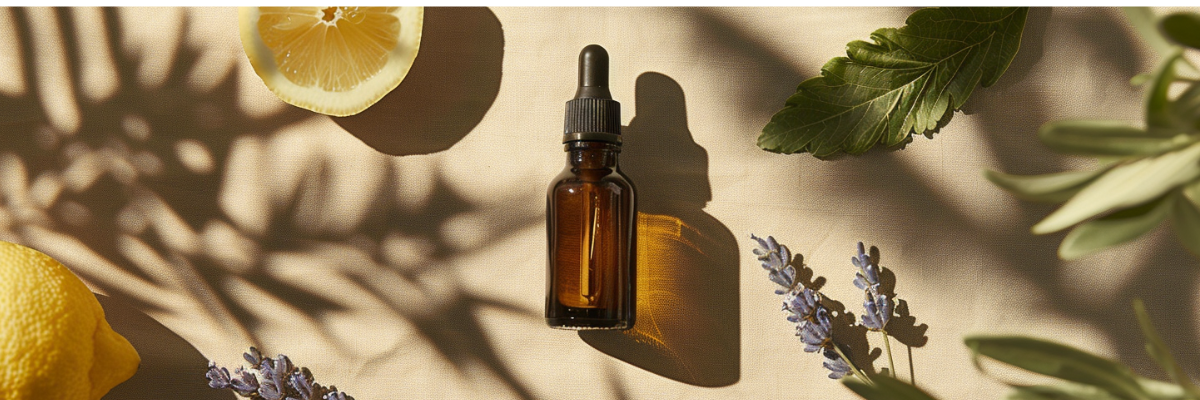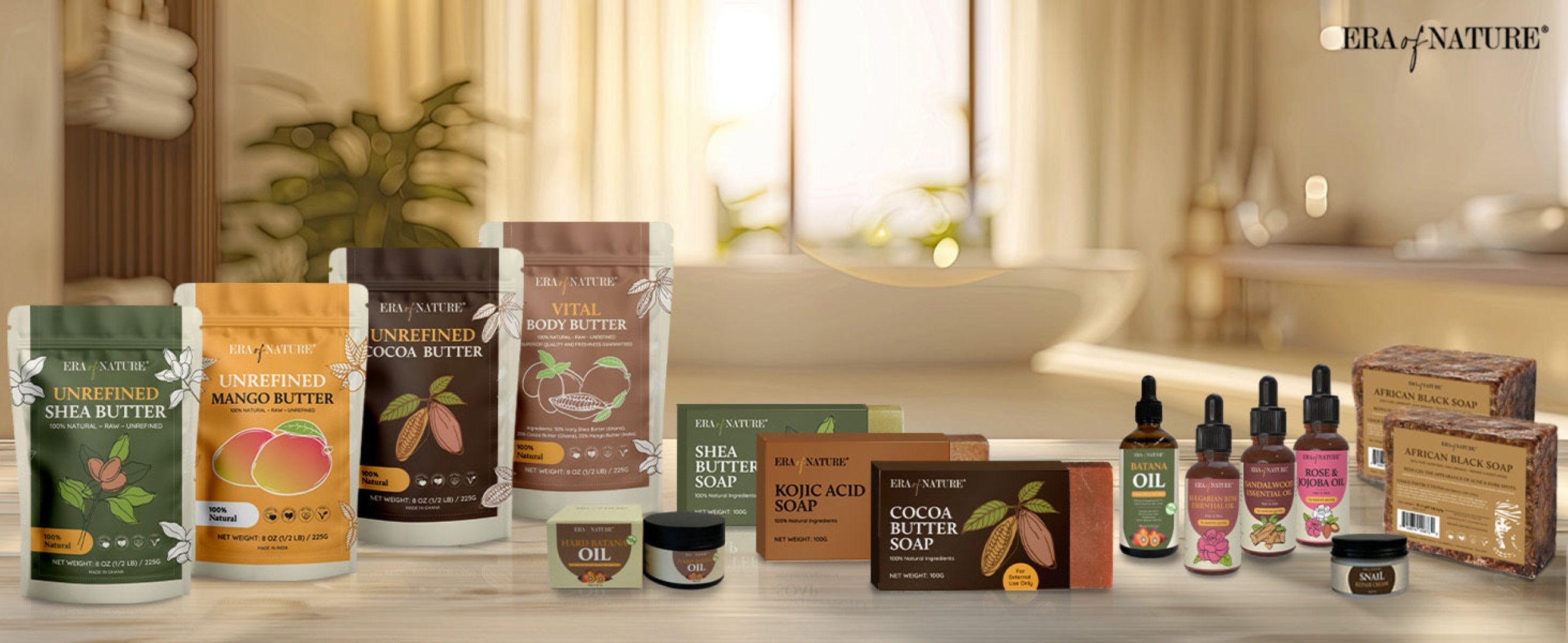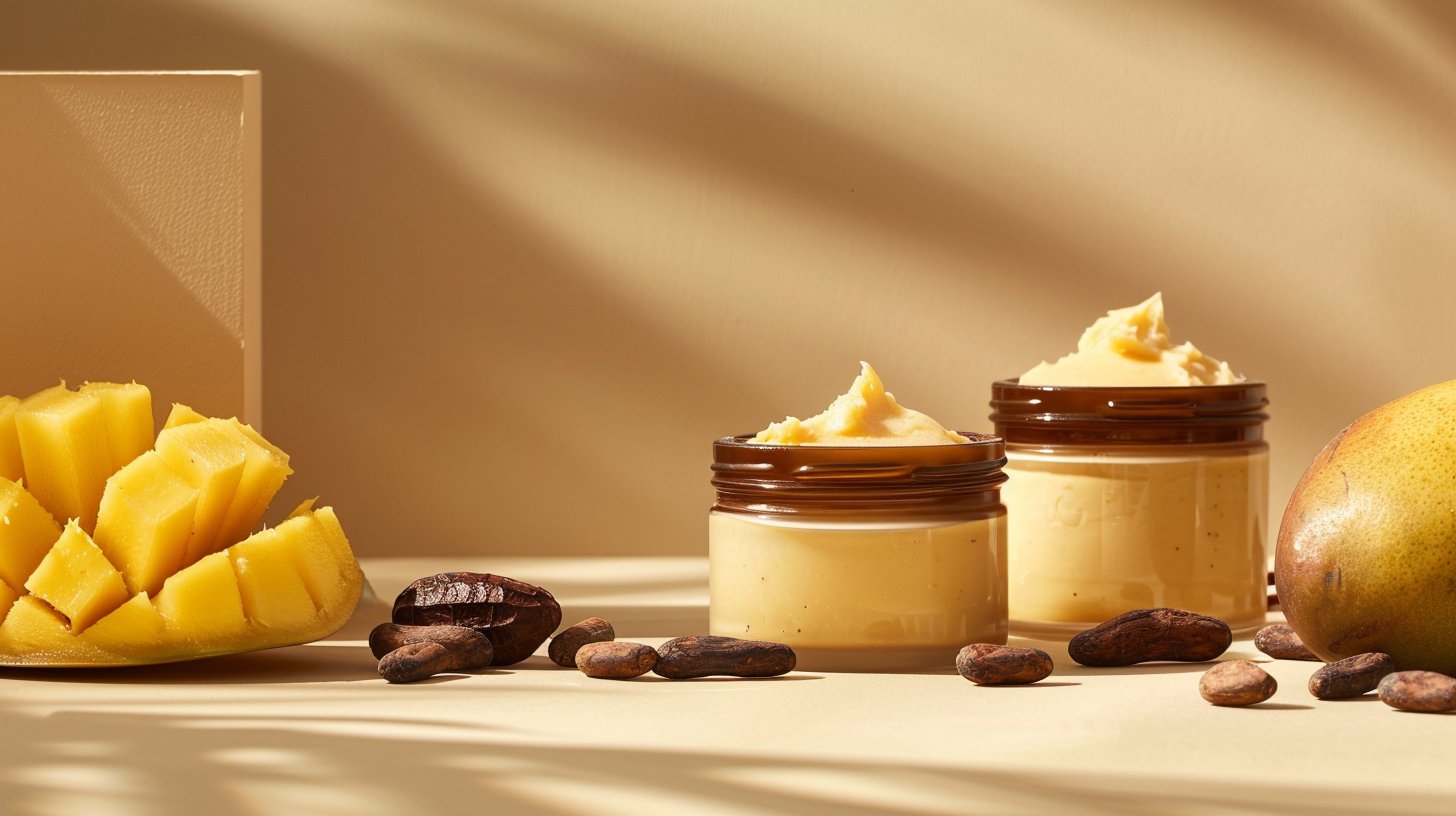News
DIY Shea Butter Face Cream: The Ultimate Winter Skincare Essential
Keep your skin hydrated this winter with our DIY shea butter face cream recipe—simple, natural, and deeply moisturizing.
Learn moreThe Healing Power of Castor Oil
Discover the powerful benefits of castor oil, from liver detox and skin healing to reducing inflammation and boosting immunity.
Learn moreHow to Use Castor Oil Packs for Natural Healing and Detoxification
Learn how to use castor oil packs to naturally detox, reduce inflammation, and support your body’s healing process with these easy steps.
Learn moreToxic Free Living
Let’s face it—life is busy, and many of us rely on big brands and supermarket finds for the products we use every day. Our routines are full of hidden chemicals, from laundry detergent and makeup to processed foods. It can be overwhelming once you realize how these toxins might negatively impact your hormone health and overall wellness. (More on this later) starting a non-toxic beauty journey If you’re curious about starting a non-toxic beauty journey or exploring toxic-free living, but the idea of switching everything at once sounds intense, start small. Swapping out just a few products at a time is an easy way to build a clean, toxin-free routine without drastic changes. Just crowd out the old with the new. An easy place to begin is skincare and body care. Your skin is your largest organ, and what you put on it matters just as much as what you eat. Try switching to natural products like our organic shea or mango butter, which hydrate and nourish without any harmful chemicals. After a shower, use one of our butters to lock in moisture. If you love a nice scent, add a few drops of rose or sandalwood essential oils for fragrance and added skin benefits. And for a full self-care experience, find our “everything shower” routine here. For those who like to personalize their skincare, check out our free eBook with DIY recipes tailored to your skin’s unique needs. We’ve also attached a helpful site HERE where you can check the ingredients in your current products to see how they measure up. Top 5 FAQs about Toxic-Free Living Toxic-free living means reducing or eliminating exposure to harmful chemicals found in everyday products—like skincare, cleaning supplies, and processed foods—to support better health and well-being. 1. Where should I start when switching to a toxic-free lifestyle?Start small! Begin by replacing one or two personal care products—like your lotion or deodorant—with natural, non-toxic alternatives. It's easier to build a long-term habit when the transition is gradual. 2. Are all "natural" products truly safe and non-toxic?Not necessarily. Always read ingredient labels and use trusted resources like the EWG (Environmental Working Group) to research product safety. “Natural” on the label doesn’t always mean chemical-free. 3. Why is it important to avoid toxic ingredients in skincare?Your skin is your largest organ and absorbs much of what you put on it. Toxic ingredients can disrupt hormones, cause irritation, or accumulate in your system over time. 4. Can I make my own toxic-free products at home?Absolutely! Many people enjoy making their own body butters, scrubs, and cleaners using ingredients like shea butter, coconut oil, and essential oils. There are free guides and eBooks online to help you get started. Your body deserves the best, and we’re here to support your all-natural beauty journey. Here’s to a healthier, toxin-free routine! xx Connect with us on Instagram or TikTok, and share your thoughts below!
Learn moreThe Ultimate Everything Shower Routine: The all Natural Way
Treat yourself to the perfect everything shower using our organic products for a rejuvenating experience free from harmful chemicals.
Learn moreArgan Oil for Hair Loss: Causes, Benefits, and How to Use It
Hair loss can be distressing, whether it happens gradually or suddenly. While genetics, lifestyle, and health conditions all play a role, a healthy scalp environment is essential for preventing thinning and supporting regrowth. Argan oil — rich in antioxidants, vitamin E, and essential fatty acids — is a natural remedy that nourishes the scalp and helps hair look and feel fuller. Below, we’ll explore the causes of hair loss, how argan oil can help, and how to apply it for the best results. What Causes Hair Loss in Women and Men? Hair loss can occur for many reasons, and understanding the root cause will help you choose the right treatment. Common triggers include: Hormonal changes – pregnancy, postpartum, menopause, or thyroid imbalances. Stress – physical or emotional stress can push hair follicles into a resting phase. Nutrient deficiencies – low iron, zinc, protein, or vitamin D can weaken hair. Genetics – androgenetic alopecia (pattern hair loss) runs in families. Harsh styling practices – tight hairstyles, chemical treatments, and excessive heat. Scalp conditions – dandruff, dermatitis, psoriasis, or excess oil production. Lifestyle factors – poor diet, smoking, and lack of sleep. If hair shedding is rapid, patchy, or accompanied by irritation, consult a dermatologist. Can Argan Oil Stop or Reverse Hair Thinning? Argan oil supports scalp health, which in turn creates a better environment for hair growth. While it won’t cure genetic baldness, it can: Unclog hair follicles when used with scalp exfoliation. Reduce dryness, flaking, and irritation. Improve circulation through scalp massage. Protect hair strands from breakage with its antioxidant and fatty acid content. How Do I Apply Argan Oil for Best Results? Step 1: Exfoliate the scalp Before applying argan oil, use a scalp-specific exfoliator to remove buildup from styling products, environmental pollution, and excess sebum. Follow product instructions, then shampoo and towel dry. Step 2: Massage in the oil Place a few drops of argan oil on your fingertips. Starting at the front hairline, massage into the scalp in circular motions, working across the head and down the sides and back. Continue for 10–15 minutes. Step 3: Repeat consistently For hair loss concerns, apply three times per week. For scalp condition treatment (like dandruff or dryness), apply 2–3 times per week until resolved, then once weekly for maintenance. How Long Does It Take to See Changes? Results vary depending on the cause of hair loss. For mild thinning or scalp issues, some people notice reduced shedding and healthier hair texture within 4–8 weeks. For significant regrowth, expect 3–6 months of consistent treatment. Is Argan Oil Better for Scalp Health or Follicle Repair? Its main strength is improving scalp health — reducing inflammation, dryness, and buildup. This healthier environment can help follicles work optimally, but argan oil alone won’t regenerate completely inactive follicles. FAQ: Argan Oil for Hair Loss Can Argan Oil regrow hair? It can encourage healthier, stronger hair and reduce shedding, but results depend on the underlying cause. Is Argan Oil good for bald spots? It may help if bald spots are caused by temporary conditions like stress, nutrient deficiency, or scalp inflammation — but not in cases of advanced genetic baldness. Can I leave Argan Oil in overnight? Yes. Overnight application allows for deeper penetration. Protect your pillow with a towel or hair wrap. Should I use Argan Oil on wet or dry hair? For scalp treatment, apply to towel-dried hair after washing. For strand conditioning, use a drop or two on dry hair.
Learn moreJOJOBA OIL
Jojoba oil is extracted from seeds of the jojoba plant, scientifically known as Simmondsia chinensis, which are indigenous to southern United States and northern Mexico. The total area planted with jojoba plants in the United States is about 45,000 acres and it takes three years for the seed to grow into a plant. Ninety-five percent of them end up in personal care or health products, blended with other ingredients. Jojoba oil is actually not an oil, but a liquid wax. It’s a melted type of vegetable wax and is found in the seeds/nuts of jojoba plant. The pure version of the jojoba oil has a bright, golden color. It has a high shelf life and can be stored for long periods. It does not oxidize easily and will not turn rancid compared to other oils because it does not contain triglycerides, unlike most other vegetable oils such as grape seed oil and coconut oil. Jojoba oil is non-toxic, non-allergenic and non-comedogenic. This means that it will not clog pores and will not cause any allergic reactions. It can safely be used around the eyes and on the skin. It does not cause a greasy feeling when used on the skin. It is packed with almost all of the vitamins and minerals essentially needed – for healthy hair and skin, namely, vitamin E, B-complex, copper, zinc, selenium, iodine, and chromium.It contains many different varieties of tocopherols which make up Vitamin E and many other natural minerals. Vitamin E is well known for promoting healthy and clear skin. It prevents damage from free radicals – Jojoba oil is an antioxidant and protects you from the damaging effects of free radicals, which is believed to contribute or cause various chronic diseases and cancer. It is antibacterial – Most bacteria including Staphylococcus aureus and the fungus Candida albicans cannot reproduce and die when they come into contact with jojoba oil. In fact, it is so antibacterial that it can be used as a fungicide to control mildew. Imagine how powerful that is? USES FOR JOJOBA OIL Jojoba oil has immense uses for skin, hair and face. It can be used alone or can be combined with other essential oils to make it more effective. This oil is beneficial due to its moisturizing and emollient properties. Its awesome beneficial qualities to manage skin and hair have made it a useful ingredient for hair, beauty and skin care products. Moreover it is anti-bacterial, anti-inflammatory and non-toxic that again make it useful for hair, face and the whole body. JOJOBA OIL FOR SKIN, HAIR AND FACE The jojoba oil is the only oil that closely resembles human sebum – an oily substance naturally produced by the oil glands below the skin surface, so its uses and benefits to the skin and hair are high. It is a perfect choice for those who want to use natural products for their skin, hair and face care. It is very commonly used organic ingredient in many beauty products, like skin lotions. It is full of various organic and mineral elements that can provide you with naturally groomed and glowing skin. It aids to combat facial lines, skin scarring and fatty tissues. Jojoba oil lessens irritated skin and promotes natural production of collagen. It protects from sun and prevents premature aging symptoms, such as fine lines and wrinkles. Jojoba Oil for Wrinkles: Jojoba oil not only firm-up and keep your skin hydrated, but also useful in lessening the appearance of skin wrinkles. It is packed with vitamin E, which is effective in getting rid of free radicals that are responsible for aging of skin. Regular use of jojoba oil also reduces the fine lines. The powerful antioxidants contained in the jojoba oil help in regenerating the skin cells. Jojoba Oil Acne: Jojoba oil has anti-microbial properties and contains iodine that prevent harmful bacteria growth, which otherwise causes pimples, blackheads, and acne breakouts. Blocked pores quite often lead to acne and pimple formations, which are common problem with teenagers. Many of the beauty products that claim to treat acne have animal fat, which can make the problem worse. Jojoba oil is non-greasy and has capabilities to kill bacteria, so it works as an effective natural remedy for acne. JOJOBA OIL FOR HAIR Jojoba Oil For Hair – Your hair is usually subject to maltreatment even with the normal styling and heating. Also when you colour your hair, it comes in contact with harsh chemicals that can harm the hair over time. Moreover, the chemicals loaded shampoo, moisturizing hair products, styling solutions and hair sprays also make the hair dry and weak. To undo the damage caused by such hair processes, you can apply a deep conditioning of hair in a natural way by using organic oils in your hair. Jojoba oil is one of the best oils to deal with dry, damaged hair and other problems, like dandruff, hair loss, etc. Jojoba oil acts as a good organic balancer. It is very useful for all types of hair, but is particularly good for dry, damaged hair, split ends and hair that is prone to tangling and damage. Jojoba Oil for Scalp: Jojoba oil on scalp works to clean the residues of blocked and encrusted sebum leading to reduced hair loss and diminished hair damage. Its aid to maintain the scalp clean and healthy. Jojoba oil not only helps in making your hair clean and soft, but its kerato-plastic effect makes the hair bright and elegant. Jojoba Oil for Hair Shine: Jojoba oil acts as a natural hair serum that imparts shine and healthy look to your hair. It’s particularly useful for dry hair. You can apply it to all over your hair for shine, or simply use it to the hair ends. Use jojoba oil to lock in the moisture in the hair shaft, which will provide glow and luster to your hair. Jojoba Oil for Hair Growth: Using jojoba oil to stimulate hair growth is an excellent natural home remedy. It’s a known fact that your hair release sebum, a natural oil, to keep your hair hydrated. Sometimes extra sebum is released by the glands that can block the hair follicles. This results into hair damage and hair loss. Jojoba oil prevents hair loss and hair thinning caused by the blocked hair follicles. Jojoba oil dissolves and opens up these blockades and promotes developments of new hair cells that lead to hair growth. Jojoba Oil for Dry Scalp: Jojoba oil is an excellent natural moisturizer that is readily accepted by the scalp. Dry scalp is quite often wrongly understood as dandruff, creating tight, flaky and itching skin. Jojoba oil works to intensely moisturize scalp penetrating into the pores. FAQ 1. What is jojoba oil, and how is it different from other oils? Jojoba oil is a liquid wax extracted from the seeds of the jojoba plant. Unlike many plant-based oils, jojoba oil closely resembles the natural sebum produced by human skin, making it highly compatible and less likely to clog pores. It’s non-comedogenic, lightweight, and absorbs easily without leaving a greasy residue. 2. What are the benefits of jojoba oil for hair? Jojoba oil helps moisturize the scalp, reduce dandruff, strengthen hair strands, and add shine. It may also help unclog hair follicles and promote healthy hair growth by balancing oil production and soothing irritated scalp conditions. 3. Can I use jojoba oil on my face or acne-prone skin? Yes, jojoba oil is generally safe for facial use and may even help with acne due to its antibacterial and anti-inflammatory properties. However, some people may experience breakouts or irritation. It's recommended to do a patch test before using it regularly on your face. 4. How should I apply jojoba oil to my hair or scalp? You can apply a few drops of jojoba oil directly to your scalp and massage it in to relieve dryness or dandruff. For hair care, warm a small amount between your hands and apply it to the mid-lengths and ends of your hair. It can be used as a leave-in treatment or rinsed out after 20–30 minutes. 5. Does jojoba oil expire, and how should I store it? Jojoba oil has a relatively long shelf life—up to 2–3 years if stored properly. Keep it in a cool, dark place, away from direct sunlight. Always close the bottle tightly, and avoid contaminating it with water or fingers to prevent mold or spoilage.
Learn moreGRAPEFRUIT ESSENTIAL OIL
Weight Loss Booster Ever been told that grapefruit is one of the best fruits to eat for weight loss and fat-burning? Well, that’s because some of grapefruit’s active ingredients are super beneficial to boost metabolism and reduce your appetite. When applied topically to the skin in small amounts, grapefruit essential oil is an excellent diuretic and lymphatic stimulant. This is one reason why it’s included in many cellulite creams and blends that are used for dry brushing. Additionally, grapefruit can be very effective for shedding excess water weight loss since it helps kick-start a sluggish lymphatic system. Acne Fighter and Skin Saver Not only is grapefruit essential oil able to help fight bacteria and greasiness that can cause acne blemishes, but it’s also useful for keeping skin’s immunity strong against indoor and outdoor air pollution and UV light damage — plus helps you get rid of cellulite. It’s also been found to help heal wounds, cuts, bites and to prevent skin infections. As anatural acne treatment or skin salve, use grapefruit oil along with nourishing coconut or jojoba oil once or twice daily on the affected area. Stress Buster The smell of grapefruit is uplifting, soothing and clarifying. It’s known to bust stress and works great when it’s diffused, added to bath wash or dabbed on skin just like perfume. Natural Antibacterial Grapefruit oil has antimicrobial effects that help reduce or eliminate harmful strains of bacteria that can enter the body through contaminated foods, water or parasites. Research shows that grapefruit oil can even fight strong bacterial strains that are responsible for food-born illnesses, including E. Coli and salmonella. Candida Killer Another benefit of grapefruit oil is that it has antifungal abilities and is able to reduce yeast and bacteria that are responsible for causing candida virus symptoms, a common condition affecting gut health that can cause cravings. Research shows that grapefruit is effective at fighting urinary tract infections too and might even be “comparable to that of proven antibacterial drugs.” Air Freshener To get rid of unpleasant odors in your kitchen, appliances and bathrooms, diffuse some grapefruit oil along with other citrus scents like lemon essential oil and orange oil. While your house fills with a clean scent, you also eliminate odor-causing bacteria from the air. Additionally, you can use a small amount of grapefruit essential oil on wooden surfaces, countertops, floors or in household appliances to kill bacteria and odor naturally. Circulation Booster Nearly all therapeutic-grade citrus essential oils are capable of helping lower inflammation and increase blood flow. The blood vessel-dilating effects of grapefruit are useful as a natural remedy for PMS cramps, headaches, bloating, fatigue and muscle pains. Digestive-Booster Increased blood to the digestive organs — including the bladder, liver, stomach and kidneys — means that grapefruit oil also helps with detoxification. It has a positive effect on digestion; can help you shed fluid retention; and fights microbes within the intestines, gut and other digestive organs. You can make a homemade massage lotion with grapefruit and coconut or jojoba oil and rub the mixture onto your abdomen. Natural Energizer As one of the most popular oils used in aromatherapy, grapefruit oil can increase your mental focus and give you a natural pick-me-up. When inhaled, its stimulating effects also make it effective for reducing headaches, sleepiness, “brain fog,” mental fatigue and even poor moods. Hair Cleanser You can add a few drops of grapefruit essential oil to your shampoo or conditioner to help reduce grease, sweat and bacteria while adding volume and shine. If you color your hair, grapefruit oil might also be able to protect strands from sunlight damage. FAQ 1. What is grapefruit essential oil used for Grapefruit essential oil is commonly used for boosting energy, reducing stress, supporting weight loss, clearing skin, aiding digestion, and improving lymphatic circulation. Its fresh, citrusy scent makes it popular in aromatherapy and natural skincare. 2. Can grapefruit essential oil help with weight loss Yes. Grapefruit essential oil may help suppress appetite, increase metabolism, and reduce cravings when inhaled or diluted and applied topically. It’s often used in massage blends to support lymphatic drainage and reduce water retention. 3. Is grapefruit essential oil good for skin Yes, it has antibacterial and astringent properties that can help reduce acne, improve oily skin, and protect against environmental stressors. It may also help reduce the appearance of cellulite when used in body oils or creams. 4. Are there any safety concerns with using grapefruit essential oil Yes. Like many citrus oils, grapefruit essential oil is phototoxic, meaning it can cause skin irritation or burns if applied to the skin and then exposed to sunlight. Always dilute properly and avoid sun exposure on treated areas for at least 12 hours. 5. Can grapefruit essential oil interact with medications Possibly. While the risk is lower with topical use compared to ingesting grapefruit juice, some compounds in grapefruit may still affect drug metabolism. If you take prescription medications, consult your healthcare provider before use.
Learn moreGET RID OF HEADACHES & ANXIETY WITH LAVENDER LEMONADE
Why Lemons & Lavender Are the Perfect Mix Rather than reaching for aspirin the next time a headache strikes, try grabbing a drink of lemonade instead. Not only can it help ease your head pain, but it can also help relieve stress, anxiety, and depression. But not just any old lemonade will do the trick—reach for the lavender lemonade. Also, according to research conducted by naturopathic physician Jeremy Appleton, the scent of lavender works to change our perception of pain. Appleton’s work indicates that when we smell lavender, we are better able to tolerate pain like headaches. To make lavender lemonade, there are two basic simple approaches that I would choose based on your sweetener and the lead time you have: Make and store a lavender syrup to add to your lemon mixture. With a day’s lead time, I would tend to make a lavender syrup to add to the lemon drink. I would make extra lavender syrup and store it in the refrigerator just to have around. Infuse part of your lemonade water with lavender and integrate your honey or sugar at the same time. For either approach, here are some basic ratios to start with. One reason I like the syrup method is that you can keep adding syrup until you reach your perfect flavor. The problem with that method is that you may never have your perfect recipe on record. Regardless, these problems are nothing that a few more batches of lavender lemonade can’t solve. DIY Lavender Lemonade (With Lavender Essential Oil) To create your own lavender lemonade, the recipe is an easy one. Mix the following ingredients together: 1 cup raw honey (or 3–4 cups sugar) 12 cups pure water 1 drop lavender essential oil, available at health food stores The juice of six lemons Lavender sprigs for garnish Once the ingredients are well combined, cool the lemonade in your refrigerator until it’s perfectly chilled. If you prefer your drink sweeter, add more honey, or take down the sweetness with added water. If you’re worried about ingesting essential oil, don’t be. Though most essential oils are labeled for external use only, it’s only a precaution because they are very strong, according to Now Foods. Most essential oils are safe for consumption in very small quantities, so don’t use more than a drop. If you want to get something that specifically states food-grade, LorAnn is a good choice. DIY Lavender Lemonade (With Dried Flowers) If you still can’t fathom the idea of ingesting lavender essential oil, The Kitchn has a good recipe for you to try. 1 cup sugar 5 cups water, divided 1 tbsp dried lavender flowers (English or Provençal lavender is probably best) 1 cup freshly squeezed lemon juice Ice cubes Lavender sprigs for garnish The process of making this is a little more time-consuming than the oil method above, so head to The Kitchn for the full instructions. If you want to make less, Martha Stewart has a good recipe, though it ups the sugar significantly. Don’t Like Lemonade? While you’ll get the best benefits from a fresh glass of lavender lemonade, you can also add a little lemon and lavender to your food, too. FAQ 1. What is lavender lemonade, and why is it beneficial? Lavender lemonade is a refreshing drink made by combining lemon juice with lavender—either in the form of essential oil, dried flowers, or infused syrup. It’s known for its calming effects, helping to reduce stress, anxiety, and even mild headaches thanks to lavender’s natural soothing and analgesic properties. 2. Can lavender actually help with headaches and anxiety? Yes. According to naturopathic research, the scent of lavender can alter how the brain perceives pain and help increase pain tolerance. It has also been shown to reduce symptoms of anxiety, making it a gentle and natural alternative to over-the-counter medications for some people. 3. Is it safe to consume lavender essential oil? Yes—but only in very small amounts and only if the essential oil is labeled as food-grade (like LorAnn’s culinary lavender oil). Most essential oils are not intended for ingestion, so always check the label and use no more than one drop per recipe unless directed otherwise by a professional. 4. What ingredients are needed to make lavender lemonade? Basic ingredients include: Fresh lemon juice Water Sweetener (honey or sugar) A drop of food-grade lavender essential oil or dried lavender flowers Optional: fresh lavender sprigs for garnish There are two main preparation methods: one using a lavender syrup, and one using dried lavender or essential oil directly in the lemonade. 5. Are there alternatives to using essential oils in the recipe? Absolutely. You can use dried lavender flowers (culinary-grade only) to steep in hot water and create a lavender-infused base. This method is often preferred by those who avoid essential oils or want a more subtle flavor.
Learn more
